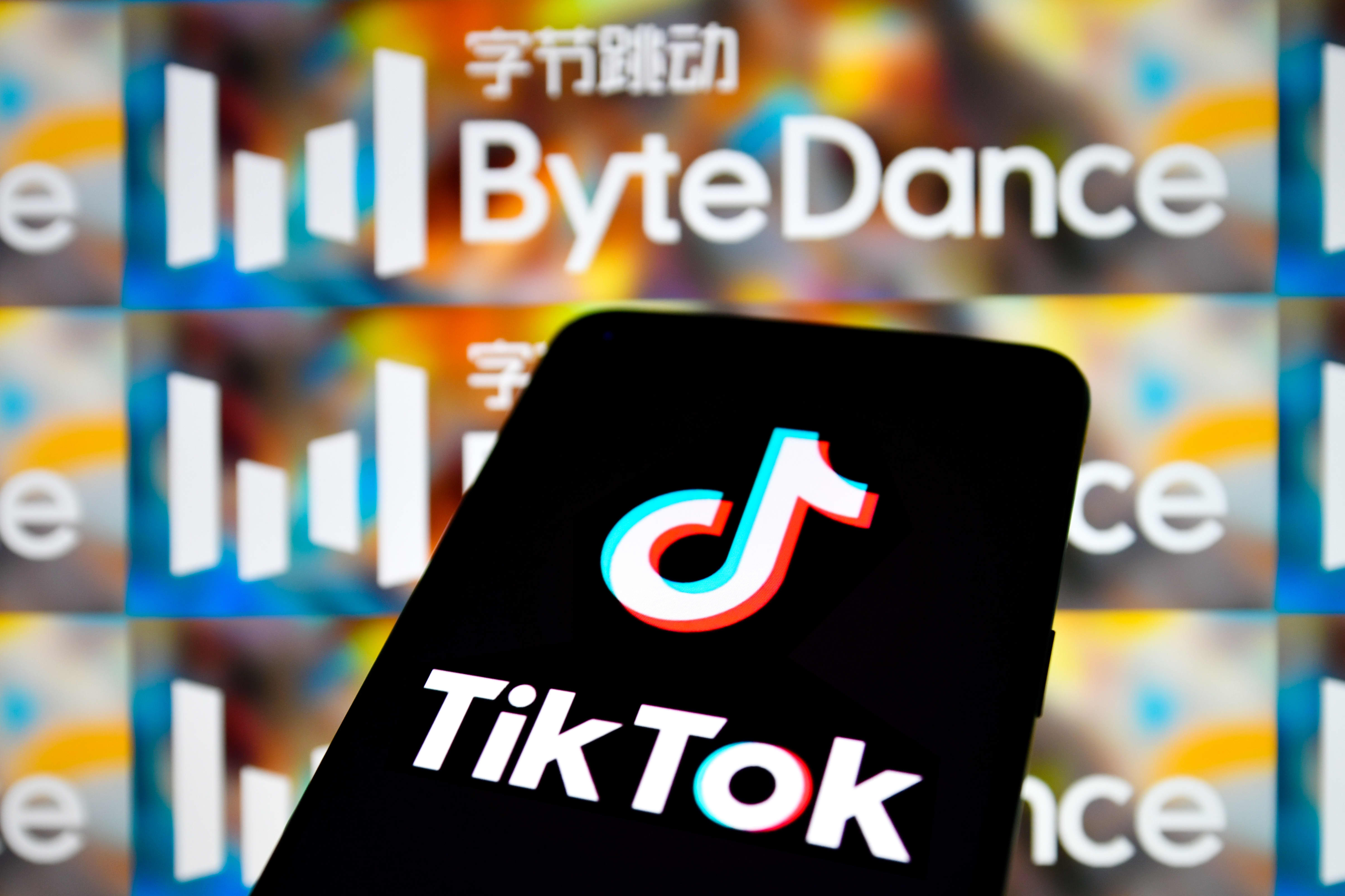Sheldon Cooper | LightRocket | Getty Images
ByteDance said it will follow China’s newly amended rules on exporting technology — and that could make any sale of TikTok’s U.S. operations more complicated.
On Friday, China updated its list of technologies subject to export restrictions to include a number of areas from voice recognition to chip design.
The export list had not been updated since 2008. Companies wishing to export technologies on the list must obtain a license from the government, according to China’s Ministry of Commerce.
One of the items subject to restrictions are technologies for “recommendation of personalized information services based on data analysis,” according to a CNBC translation of the export list.
TikTok has often talked up its recommendation algorithm which presents users with videos based on a number of factors from previous things they have viewed to their geographical location.
After China came out with the updated export list, state-backed news agency Xinhua published an interview with Cui Fan, a professor at the China University of International Business and Economics and a government trade advisor.
He said that ByteDance will likely need to go through the licensing procedure. The article added that no matter who the new owner of TikTok is, ByteDance will likely need to transfer software code form China to overseas and may need to provide technical services too.
On Sunday, ByteDance responded saying that it has noted the amended export regulation and that “the company will strictly abide” by the laws, according to a CNBC translation of its statement.
On Aug. 6, U.S. President Donald Trump issued an executive order that would ban any transactions with ByteDance subject to U.S. jurisdiction in 45 days. The full extent of the ban is unclear. Trump then issued a separate order on Aug. 14 giving ByteDance 90 days to divest the U.S. operations of TikTok.
Microsoft and Walmart have teamed up to bid for TikTok while Oracle is also in the running.
On Monday, Bobby Sarnevesht, executive chairman of Triller, told CNBC that the rival app had put in a bid for TikTok in partnership with Centricus, a London-based investment firm — a claim which TikTok directly denied.
“Our bid is submitted. We have confirmation that the chairman and people pretty high up at ByteDance are aware of it. And we have correspondence going. I know they are considering what the next step is to do,” Sarnevesht said.
But a spokesperson for TikTok said, “We can confirm that we are not and will not be in talks with them. Still, we are flattered by how much they admire TikTok.”
Meanwhile, TikTok sued the U.S. government last week over Trump’s Aug. 6 executive order arguing the upcoming ban prevents the company from due process, as guaranteed by the Fifth Amendment.
Washington has maintained that TikTok represents a national security threat because it could send American data to China. TikTok has repeatedly denied the claim.
